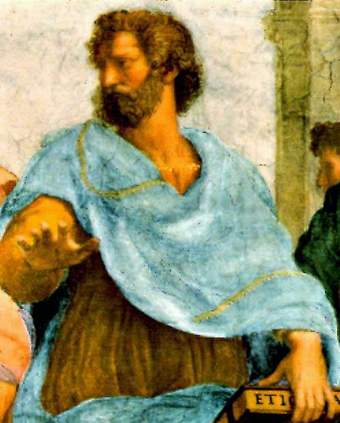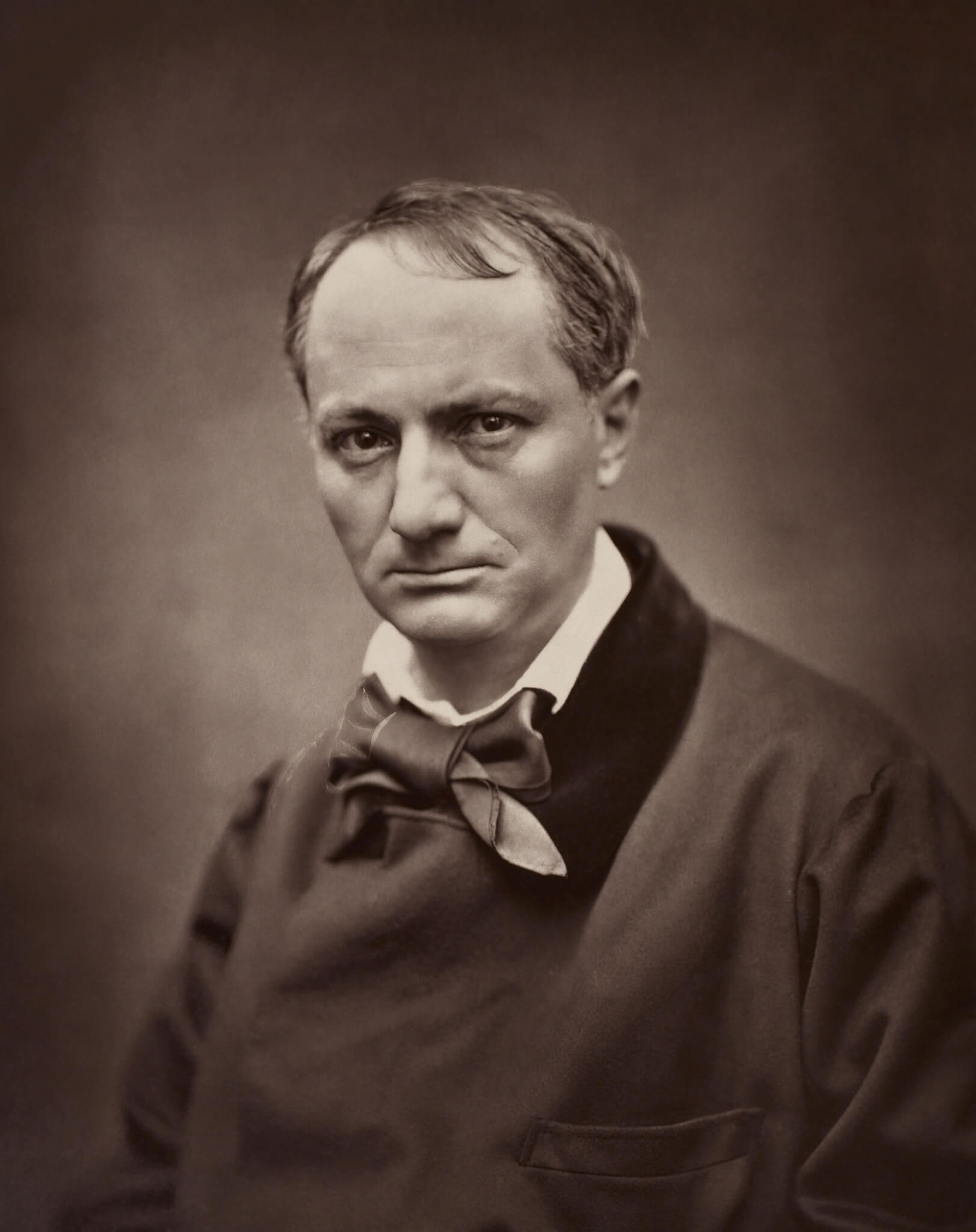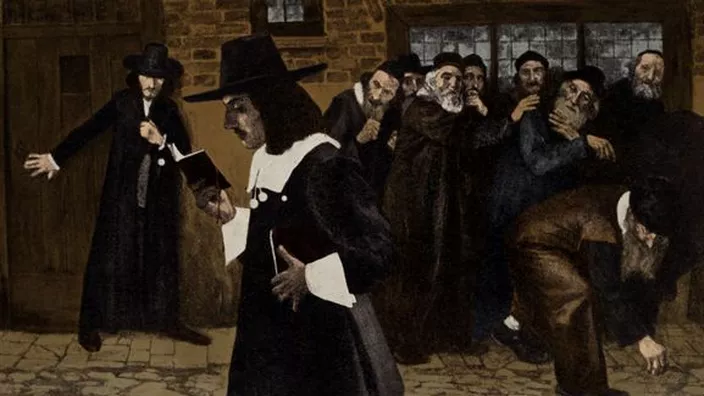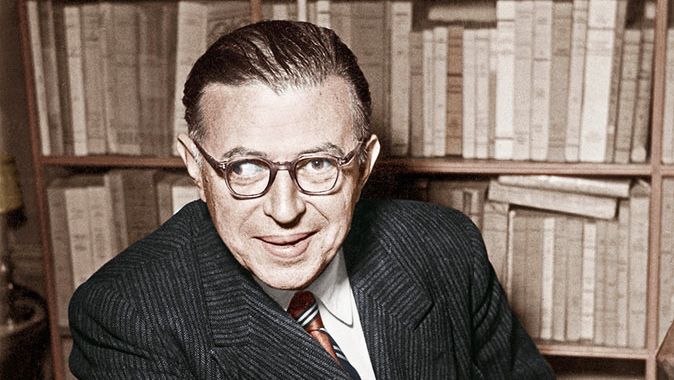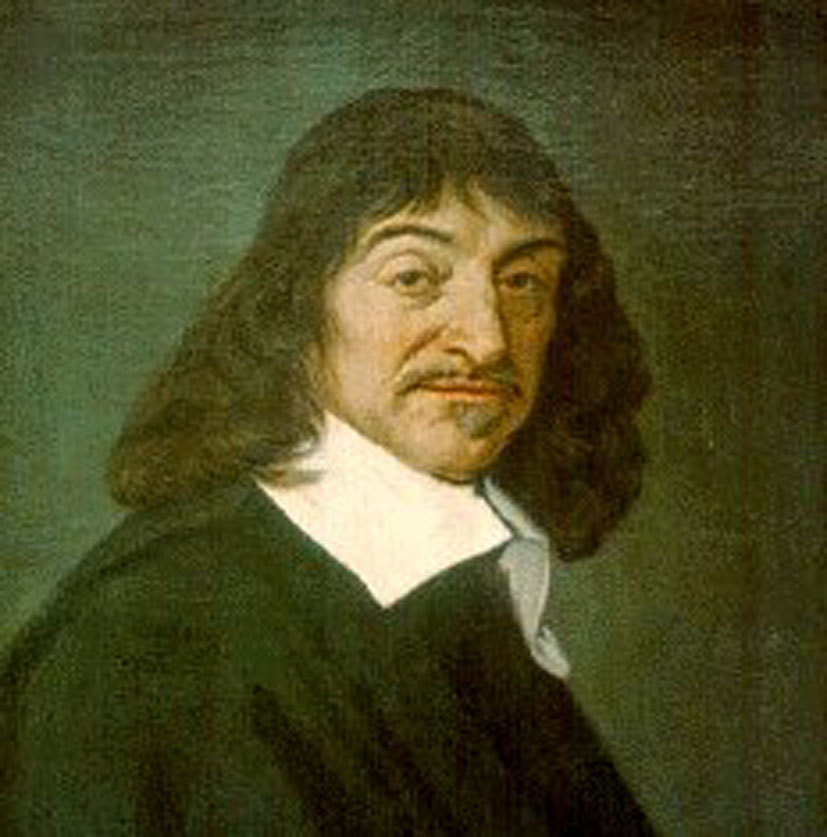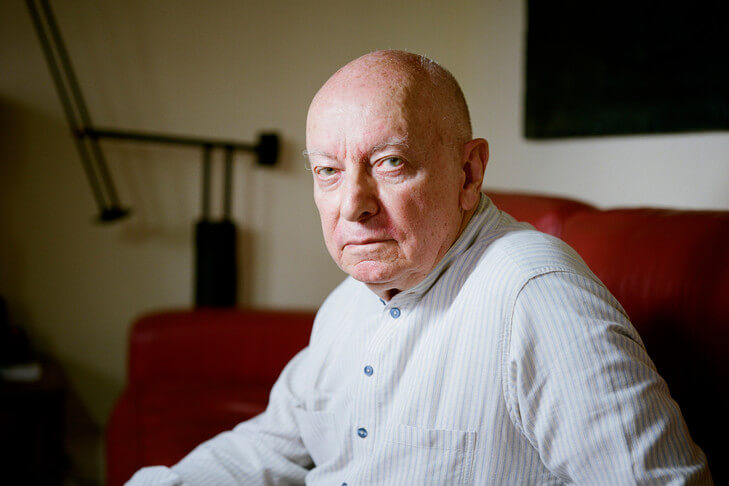The Soul
From the Aristotelian scientia de anima to Early Modern Psychology
European Science Foundation (ESF) programme: From Natural Philosophy to Science (NPHS)
NPHS Postgraduate Summer School
Call for Applications
Date: 14 – 21 July, 2008
Location: Radboud University Nijmegen, The Netherlands
Organizers: Dr. Paul Bakker and Dr. Cees Leijenhorst (Faculty of Philosophy, Radboud University Nijmegen, The Netherlands)
Description: The Summer School will focus on the transition from an Aristotelian scientia de anima to modern conceptions of the soul and its powers or functions. As is well-known, Descartes mechanized the lower functions of the soul (vegetative and sensitive), whereas he relegated the cognitive powers to the immaterial, immortal soul. He thus created the problem of dualism that still occupies contemporary philosophers of mind. Historians of philosophy and science have gradually come to realise that Cartesian philosophy of mind, broadly construed, was not created ex nihilo. Descartes was engaged in a deep discussion with Aristotelian conceptions of the soul, which he found in Jesuit and other late Aristotelian manuals. These textbooks, in turn, heavily depended on the medieval scientia de anima. Moreover, Descartes had to compete with other, mechanistic models of the mind, offered by Hobbes and Gassendi, who both wrote a set of objections to Descartes’ Meditations. This Summer School will concentrate on Cartesian philosophy of mind, in particular on its ancient, medieval, and Renaissance predecessors, and on its early modern context, including Hobbes and Gassendi.
The Summer School will consist of morning lectures, given by leading scholars in the field. In the afternoon, participants will present a paper based on their own work in progress. These presentations will be commented upon by the senior scholars. The senior scholars will also offer individual tutoring to participants.
The morning lectures will be on the following topics:
• Aristotle (prof. dr F.A.J. de Haas, Leiden University)
• Augustine (prof. dr S. Knuuttila, University of Helsinki)
• Medieval philosophy (prof. dr H. Lagerlund, University of Western Ontario, London ON)
• Suárez (dr Paul J.J.M. Bakker & dr C.H. Leijenhorst, Radboud University Nijmegen)
• Descartes (prof. dr. T. Verbeek, Utrecht)
• Descartes’ contemporaries (prof. dr G. Hatfield, University of Pennsylvania)
Background: The five-year (2003-2008) European Science Foundation-funded Scientific Programme From Natural Philosophy to Science (NPHS) addresses this important, but difficult question: which were the factors involved in transforming natural philosophy into the physical sciences? It focuses its research efforts on the period of the formation of European ‘natural philosophy’ from 1200 to 1700, the cradle of modern scientific thought. The period covered extends roughly from the introduction of Aristotle’s works into the nascent universities to the establishment of stable scientific institutions such as the Royal Society or the Académie des Sciences, whose activities were characterised by experimentation, mathematical modelling, the publication of research results (in vernacular scientific languages), and the sponsoring of scientific collaboration. One of the key methodological principles of the ESF Programme is that the traditional periodisation of philosophy into Middle Ages, Renaissance, and Early Modern, should not be understood as an indication of a conceptual rupture in the intellectual development of Europe, but chiefly reflects conventional divisions for historical scholarship.
The goal of this Programme is to combine the research potentials of both large research groups and individual researchers in Europe and thus to establish a pan-European network of scholars with a wide scope of expertise, including the history of philosophy, the history of science and the philosophy of mind. The Programme is subdivided into four teams, each of which has organised four workshops in the period 2003-2007. As one of its concluding activities, the Programme offers a Postgraduate Summer School under the title “The Soul: from Aristotelian scientia de anima to early modern psychology”
If you are working on a Ph.D. dissertation or have completed a Ph. D. dissertation less than two years ago and you would like to participate in the Summer School, please send your application to: Dr C.H. Leijenhorst, ESF programme From Natural Philosophy to Science, Faculty of Philosophy, Radboud University Nijmegen, PO Box 9103, 6500 HD Nijmegen, The Netherlands; e-mail: leijenhorst@phil.ru.nl. Please include the following items:
* a 100 word CV
* a 300 word abstract of your proposed paper
* a 300 word description of your current research project *
* a letter of recommendation by a renowned scholar in the field
Travel Costs will be reimbursed. Accommodation, including meals, willl be provided.
Your application should reach the coordinator by June 1. The programme coordinator will inform successful applicants by 15 June at the latest. The limit of admissions is 20 places.
